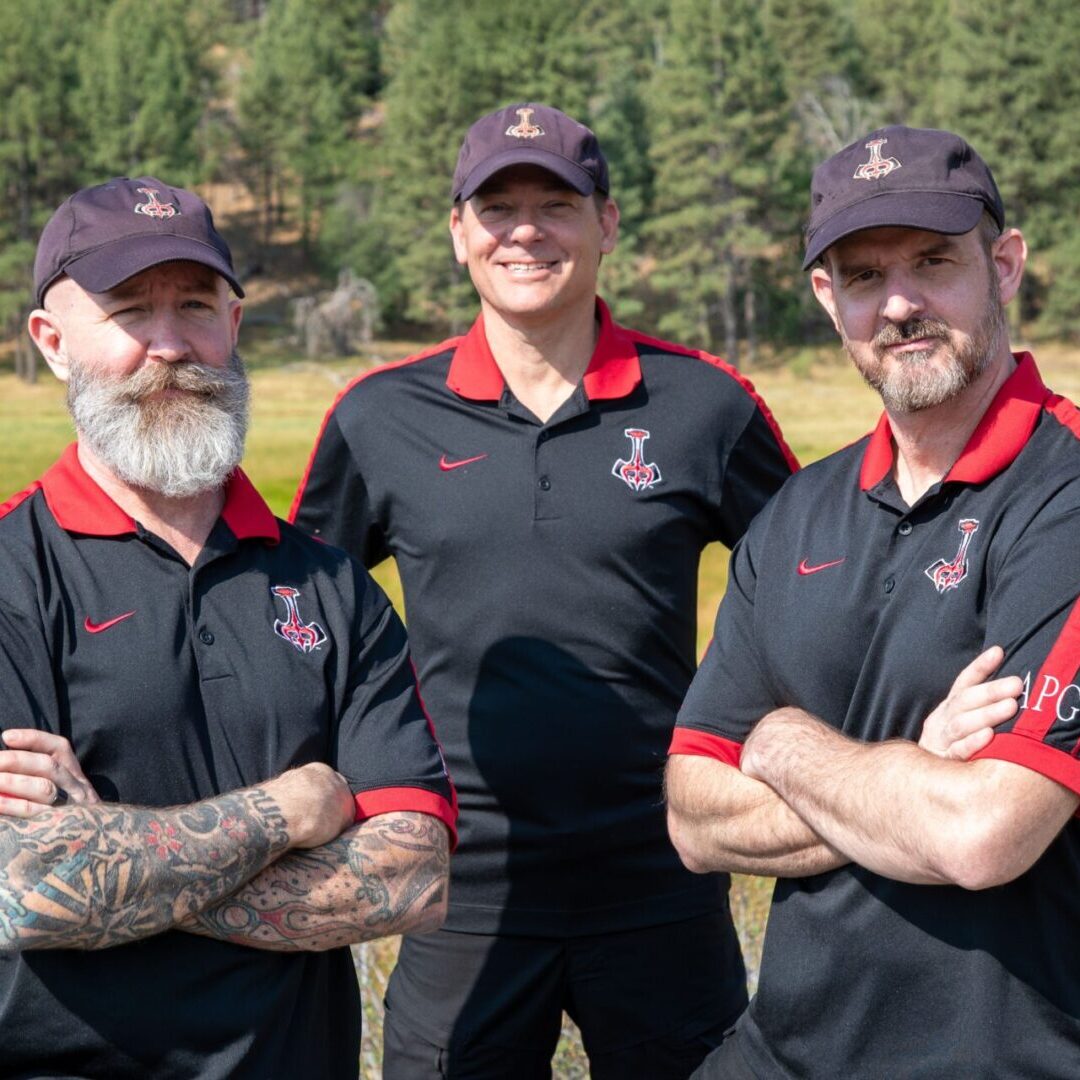Reflections on Podcast #2
Have you ever watched that old TV show, “Knight Rider?” Whenever the character Michael Knight was in a stressful situation, he would just hit the turbo boost of his car. Then he was able to jump over the train, out swim the shark, or whatever problem he was facing. What an excellent way to deal with a stressor! I know I have asked myself more than once, why can’t I be like that?
The TV show ‘Hoarders’ gives an example of another type of stress. If you have ever tuned to the show, you often see someone with a home filled with stacks of stuff and a driveway with multiple rusted-out cars. Yet, this person looks longingly at an empty shoebox and says, “How can I throw this away? I might need it someday.” There is a persistent anxiety that presents itself within the participants in this show – a consistent low level stressor that rears its head in the mundane and aspects of everyday life – not just when a train or a shark is present.
So what are the similarities then, between the Knight Rider, the infamous hoarders, and your business unit that scrambles to get everything in order before quarter’s close, or a nervous employee that frantically checks their email late at night to ensure tasks are completed? The answer is simple: whether it is acute stress of a shark attack or the chronic stress of the everyday trials we face- stress is hard on the human body and hard on the mind.
When you are under stress, your demands exceed your resources. Liken it to having $500 in your bank account, but your rent is $1,000. Or having two important meetings scheduled at exactly the same time. No matter what you compare it to, one thing is for certain: we all experience stress, in one of its two flavors. First, the acute version – the type of stress where symptoms develop quickly but do not usually last long. The events are usually very severe and an acute stress reaction typically occurs after an unexpected life crisis — the kind of stress that develops when you see a guy trying to break into your car. Chronic stress develops when there’s repeated exposure, which builds over time as we try to handle everything that life throws at us.
Your physiological stress response to acute stress is an immediate release of adrenaline that is like that turbo boost. But your body can’t endure this fight or flight response all the time; there are negative side effects of being in an extended state of “stressed out.” It can make you short with your family and friends or prevent you from sleeping well when your mind’s going a thousand miles per hour, wondering, “What could I have said?” or “What should I have done?”
When you’re dealing with chronic stress, you are so focused on the here and now that you lose sight of what’s important in the long run. Someone who is stressed can become so blindsided by their current situation that they fail to be the leader or that their team needs.
The current global pandemic and economic crisis has created underlying chronic stress in many individuals’ lives – perhaps most notably, within career and job trajectory. Whether it is dealing with budget cuts, or considering how to keep a team united while working remote, the day to day tasks and decisions can leave us feeling anxious and chronically stressed-out at a base level.
Many of APG clients operate in high-stress situations, and they often ask how SEALs deal with stress. Unfortunately, many people in the military don’t deal with it in a positive way, but instead “harden up.” But there are long-term side effects of “hardening up, ” such as self medicating with alcohol or drugs. This is an unfortunately common way of dealing with Post-traumatic Stress Disorder (PTSD), a mental health condition that’s triggered by a traumatic event — either experiencing it or witnessing it. When I felt the grasp of chronic anxiety, recognizing I had a problem was my first step forward to managing that stress, instead of allowing it to manage me and my relationships. The second step was to focus on that which I could control.
Marcus Aurelius (121-180 AD), the Roman emperor and stoic philosopher, saw stress as seesaw experience. On one end is the anxiety you feel over something, and on the other end is your sense of control. When you lose control (for example, when a global pandemic strikes, or your career feels uncertain or health is threatened,) the stress goes up. When you maintain control, there can be balance.
The obvious question remains: how can you regain control of your life? The trick is not to take on more things than you can control. Sticking with a schedule is a great way to start. When you have a solid structure, your progress becomes clear. Why do some people wake up each day at the same time, make their bed, and do a work-out, even while working from home? The answer is structure. When contingencies come up, you work them into your schedule. Even in a year like 2020, with abject uncertainty. Chronically stressful periods, like the one many of us have experienced this year, allow us to take a time to step back and ask ourselves, what do you want to accomplish? To reach a goal, you need to develop a program or path that will get you where you want to go. When you have a plan and follow that plan, you’ll find that the stress begins to fall away. It’s okay to take small steps as long as you’re going forward. Martin Luther King, Jr. once said, “You don’t have to see the whole staircase. Just take the first step.”

